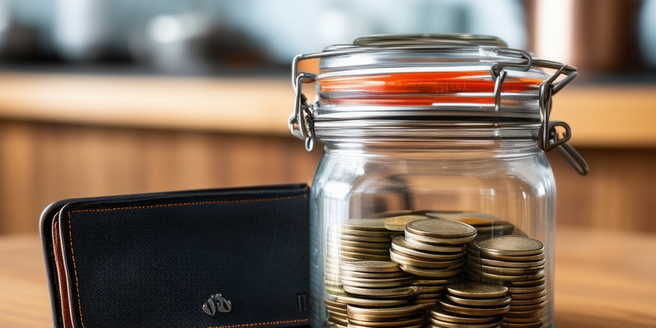
Understanding Poor Credit: Causes and Effects
Poor credit can result from various factors, including missed payments, high levels of debt, maxed-out credit cards, or even errors on your credit report. The impact of poor credit can be far-reaching and long-lasting, affecting your ability to secure loans, rent an apartment, or even get a job. Additionally, poor credit can cause stress and financial strain that impacts your daily life. Understanding the root causes of poor credit is essential to begin the journey to improve it. High-interest rates and unfavorable loan terms are common consequences. Even opening a new credit card can be difficult with a low credit score. Therefore, monitoring your credit report and taking steps to address any inaccuracies can be the first step toward financial health.
How Credit Card Debt Impacts Poor Credit Scores
Credit card debt directly influences your credit score through various channels. High debt-to-credit ratios indicate increased financial risk, leading to lower scores. Consistently carrying a balance close to your credit limit can signal to lenders that you may be overextended. Moreover, keeping your credit utilization below 30% can positively impact your score. Additionally, a history of responsible credit usage can improve your score over time. This is why it’s crucial to monitor your credit activity regularly. Furthermore, late or missed payments can significantly damage your credit score. It’s not just about how much debt you have, but also how you manage it. Regularly paying down balances and making timely payments can mitigate some of the negative impacts on your credit score.
Strategies to Manage Credit Card Debt with Poor Credit
Managing credit card debt with poor credit involves a focused and disciplined approach. Start by creating a budget to track your income and expenses, ensuring you allocate funds for debt repayment. Be honest with yourself about your spending habits and areas where you can cut costs. Consider the snowball or avalanche method to pay off debts; the former focuses on paying off smaller balances first, while the latter targets high-interest debts. It may also be helpful to seek advice from a credit counseling service to guide you through the process. Additionally, contact your creditors to negotiate lower interest rates or set up a repayment plan that fits your financial situation. Avoid accumulating new debt by refraining from unnecessary purchases.
Options for Credit Cards Available to Poor Credit Holders
Individuals with poor credit might feel limited in their credit card options, but some alternatives are available. Secured credit cards, which require a cash deposit as collateral, offer a viable option for building or rebuilding credit. These cards function like regular credit cards but have limited credit lines. Additionally, consistent on-time payments can help raise your credit score over time. Before applying, it’s important to understand how secured credit cards work and their associated benefits. Some issuers also provide cards specifically designed for poor credit, featuring lower credit limits and higher interest rates but still offering the opportunity to improve your credit history. Always review the terms and fees associated with these cards to ensure they align with your financial goals.
Steps to Rebuild Credit After Credit Card Debt
Rebuilding credit after incurring credit card debt requires time and strategic effort. Start by ensuring all your accounts are current and set up automatic payments to avoid missing due dates. Reducing your overall debt and paying off outstanding balances will also help. Additionally, create a budget to manage your expenses and prevent future debt. Consider using credit builder loans or secured credit cards to positively impact your credit utilization ratio. Make it a priority to stick to your budget and avoid unnecessary spending. Regularly monitor your credit report for errors and dispute any inaccuracies. Gradually, as on-time payments and reduced debts are reflected in your credit report, you will see an improvement in your credit score.
